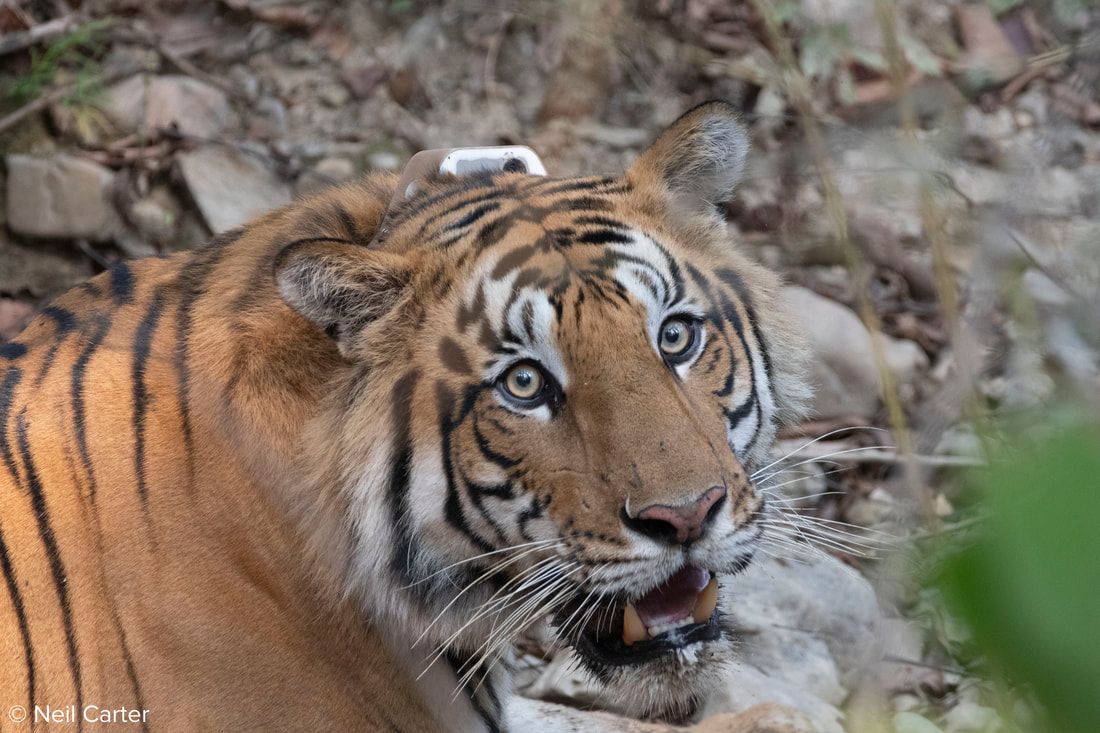Negative interactions between people and wildlife in shared landscapes can diminish human well-being and jeopardize the long-term viability of wildlife populations. Our research group employs an interdisciplinary approach to find actionable solutions for conserving endangered wildlife species in shared landscapes. We examine human activities driving change in animal behavior and the implications of those changes to wildlife management and conservation. We also evaluate the factors affecting human tolerance to wildlife, especially large, and often dangerous, endangered species.
Representative Publications:
Representative Publications:
- Why conservation biology can benefit from sensory ecology.
- Post-war recovery of the African lion in response to large-scale ecosystem restoration.
- The influence of human disturbance on wildlife nocturnality.
- The contribution of predators and scavengers to human health and well-being.
- Coexistence between wildlife and humans at fine spatial scales.


